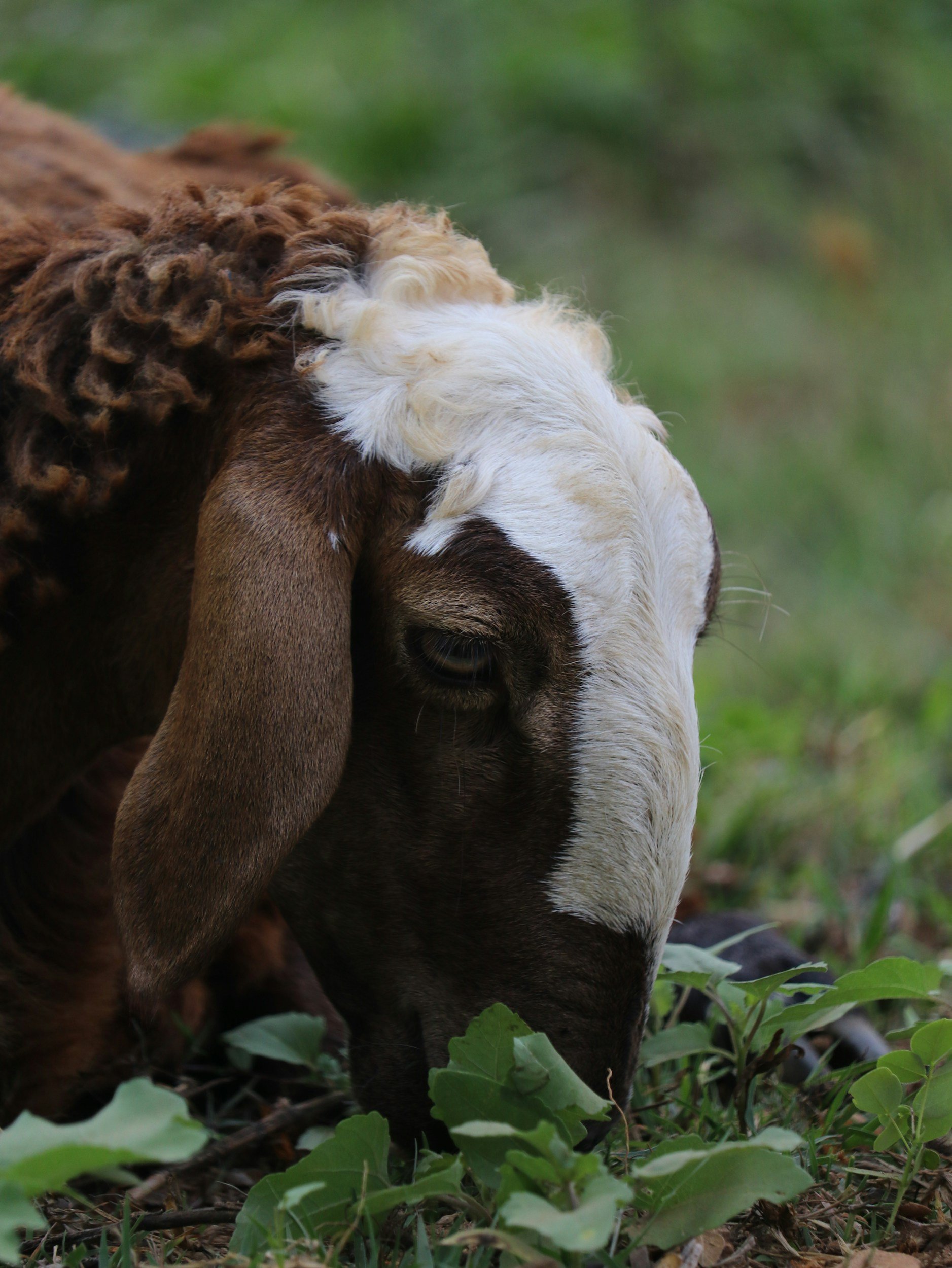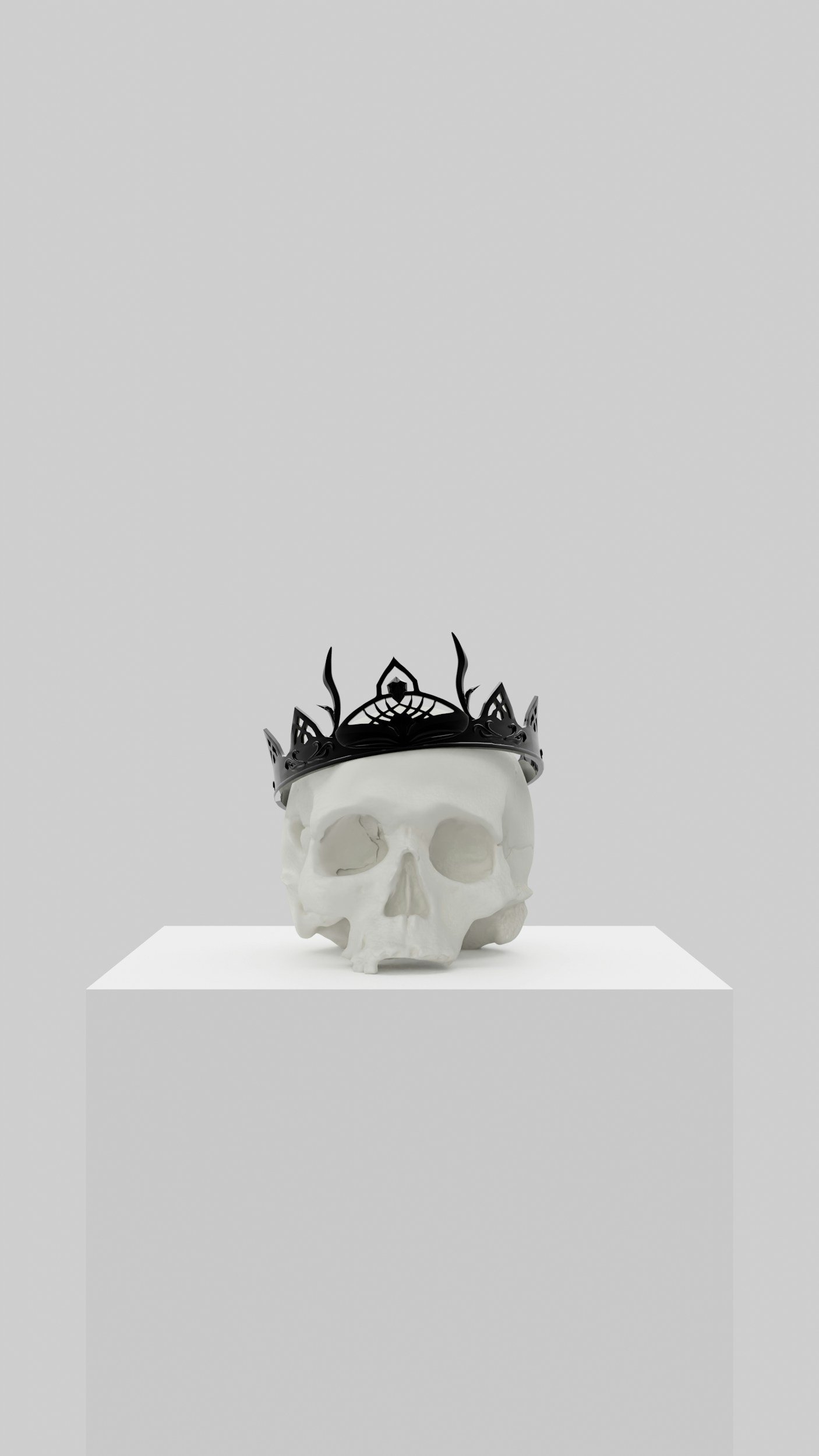Death Practices in Odinani: Why Mortuaries Are Frowned Upon (and How They Affect the Soul’s Journey)
In Odinani, death is not seen as an end but as a continuation of the soul’s journey. Death marks the transition from the physical world into the spiritual realms, where the soul embarks on a journey of reunion with the ancestors or begins preparations for reincarnation, known as ilo uwa. Within this sacred framework, the practices surrounding death are of paramount importance, particularly how the body is handled. One of the most significant taboos in Odinani is the prolonged keeping of a body in a mortuary or morgue. This practice is believed to have far-reaching consequences, both for the deceased’s soul and their potential future as a reincarnated being.
The Igbo Concept of Death and the Afterlife
In Igbo cosmology, death is viewed as a natural transition in the eternal cycle of life, death, and rebirth. The soul, or mmuo, is believed to be an eternal essence that departs the body upon death, but its journey to the afterlife is influenced by the state of the physical body and the rituals performed after death.
Upon death, the body and soul undergo a series of spiritual rites and processes to ensure the safe passage of the soul into the ancestral realm, known as Ala Mmuo. These rituals, which may differ from community to community, are designed to honor the dead, provide closure for the living, and most importantly, guide the soul toward its next stage, whether that be joining the ancestors or reincarnating back into the physical world. The timely handling of the body and the performance of the appropriate rites are considered essential for this process.
The Role of the Body in the Soul’s Journey
In Odinani, the physical body is deeply connected with the spiritual journey of the soul. It is a sacred medium through which the soul interacts with the world. The state of the body at the time of death and how it is treated thereafter can influence the soul’s experience in the spiritual realms.
It is believed that the longer the body remains in a state of limbo, such as being kept in a mortuary (and being unnaturally tampered with), the more difficult it becomes for the soul to navigate its journey. The body, which begins to decompose, is seen as still tethered to the soul, creating confusion and delays for the departed spirit. In this period, the soul may become restless, trapped between the physical world and the spiritual realms, unable to fully transition. The sooner the body goes into the earth (Ala), the easier it is for the soul to faithfully depart into the world of spirits.
Mortuaries and Their Impact on the Soul’s Journey
The modern practice of storing bodies in mortuaries is largely at odds with traditional Igbo death practices. In Odinani, the body of the deceased should ideally be buried as soon as possible, with the proper funeral rites conducted to facilitate the soul’s peaceful transition. However, placing the body in a mortuary disrupts this natural process.
Mortuaries, which preserve bodies for extended periods, are seen as places of stagnation. In Igbo spirituality, everything in life and death must flow in a natural, harmonious rhythm. Interrupting this rhythm by keeping the body in a cold, artificial environment prevents the soul from moving on in its natural time. This disruption can cause spiritual disturbances and hinder the soul’s journey to the ancestral realm.
The Spiritual Consequences of Delaying Burial
One of the most profound consequences of keeping a body in a mortuary for too long is the potential impact on ilochi/inochi uwa, or reincarnation. In Odinani, it is believed that souls have the ability to reincarnate within their family line or within the community, usually returning in the form of newborn children. This cycle of life is seen as a continuation of the family’s spiritual lineage.
However, when the body is kept from its natural burial, the soul’s transition is delayed, and this can interfere with the soul’s reincarnation process. The longer the body remains in a mortuary, the more the connection between the soul and its future incarnation weakens. If the proper rites are not performed within the traditional timeframes, the soul may struggle to reincarnate or may return in a troubled form, such as a spirit with unresolved issues or disturbances.
Affecting the Ancestor-Descendant Connection
In Igbo cosmology, ancestors play a very important role in the lives of the living. They are revered as spiritual protectors, guides, and intercessors who watch over their descendants. When a person dies, they are expected to join the ranks of the ancestors and continue this sacred duty. However, if their body is not handled according to tradition, their journey to the ancestral realm may be impeded, preventing them from fulfilling their role as an ancestor.
Prolonged preservation of the body in a mortuary can cause the soul to be trapped in a state of limbo, unable to transition fully into the ancestral realm. This situation can create tension within the family, as the deceased’s soul is believed to be restless, and the connection between the living and their ancestors becomes strained. This disconnection can manifest in various ways, including family misfortune, illness, or spiritual unrest.
Rituals and the Importance of Timely Burial
The rituals that follow death in Igbo culture are meticulously designed to guide the soul on its journey. These rites include ikwa ozu (funeral rites), offerings, prayers, and the observance of specific community rituals. These rituals serve as a bridge between the physical and spiritual worlds, they exist to help the soul find its place among the ancestors or prepare for reincarnation.
A delayed burial, due to the body being stored in a mortuary, disrupts the timing of these crucial rituals. The longer the delay, the more difficult it becomes to perform the rites effectively, as the soul’s journey may have already been compromised. The body and soul must be treated with the utmost care to ensure that the spiritual transitions occur smoothly and without hindrance.
Mortuary Practices and Modernization: A Clash with Tradition
While mortuaries may be seen as practical in today’s modern society, especially with logistics and the coordination of family members living abroad, their role in Igbo spirituality is deeply problematic. The clash between tradition and modernity is most evident in the debate over how bodies should be handled after death. For many practitioners of Odinani, the use of mortuaries is a concession to modernity that should be minimized, especially given the potential spiritual consequences.
The key concern is that modern practices, including the preservation of bodies in artificial conditions, remove the deceased from the natural cycles of life and death that are central to Odinani. By doing so, they may create spiritual complications for the soul, impacting not only its journey but also the harmony and balance of the family and community.
Finding Balance: Returning to Tradition
In light of the spiritual significance of death practices in Odinani, there is a growing call within traditional circles to return to more authentic ways of handling the dead. This means prioritizing timely burials, performing the appropriate rites, and avoiding practices that could disrupt the soul’s journey.
While modern society may make it difficult to avoid the use of mortuaries altogether, the key is to minimize the time a body spends in such a state. Families are encouraged to expedite the burial process, gather quickly for the performance of the proper rituals, and ensure that the soul is given the best possible chance for a smooth transition.
To Sum It Up
The handling of the body after death is a matter of great importance in Odinani. The body, once home to the soul, must be treated with reverence, care, and urgency to make sure that the soul’s journey continues smoothly. Mortuaries, while practical in modern contexts, can create significant spiritual disturbances by delaying the soul’s transition, affecting its path to the ancestral realm and reincarnation.
Returning to traditional death practices, which emphasize timely burial and the performance of sacred rituals, has become very important for maintaining the harmony of the soul’s journey now more than ever. In doing so, families not only honor their deceased loved ones but also make sure that the sacred cycles of life, death, and rebirth continue in accordance with the divine and cosmically intelligent order established by Igbo ancestors.
If you enjoyed this post, share it with others and help us spread the insights. Let us know what your thoughts or experiences on the topic are in the comment section below.











